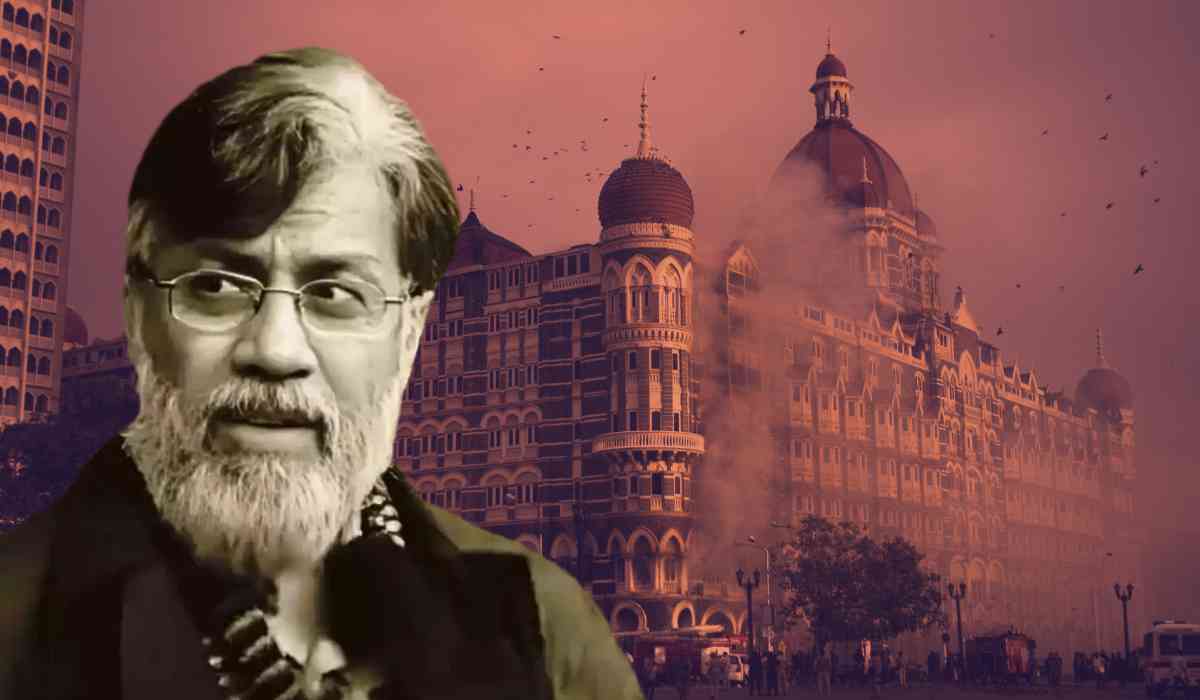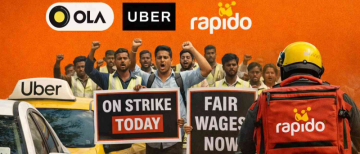In a significant development, the United States Supreme Court has rejected a plea by Tahawwur Hussain Rana, a key suspect in the 2008 Mumbai terror attacks, to halt his extradition to India. This decision paves the way for Rana's transfer to Indian authorities, where he will face trial for his alleged role in the attacks that killed over 170 people.
Who is Tahawwur Rana?
Tahawwur Rana, a 64-year-old Pakistani-Canadian citizen, is a former military doctor who served in the Pakistan Army. He later moved to Canada and then the United States, where he established several businesses, including an immigration service in Chicago. Rana is accused of aiding David Coleman Headley, a co-conspirator in the Mumbai attacks, by providing him with false credentials that allowed Headley to travel to India and scout potential targets for the Lashkar-e-Taiba (LeT) terrorist group.
Background of the Case
Rana was arrested in Chicago in October 2009 for his involvement in the Mumbai attacks and a foiled plot to attack the Danish newspaper Jyllands-Posten. Although he was acquitted of charges related to the Mumbai attacks by a US court, he was convicted of providing material support to LeT and the attempted attack in Denmark. Rana was sentenced to 14 years in prison in January 2013.
Extradition Process
The extradition process for Rana has been lengthy and contentious. The US government approved his extradition based on the India-US Extradition Treaty of 1997. Rana's legal team argued that his extradition would violate US law and the United Nations Convention Against Torture, citing concerns that he might face torture in India due to his Muslim faith and Pakistani origin.
Rana also highlighted his severe medical conditions, including heart attacks, Parkinson's disease, and chronic kidney disease, arguing that extradition could be a "de facto" death sentence. However, these appeals were rejected by the US courts, which found that the Indian charges against Rana met the criteria of dual criminality, meaning the offenses are punishable in both India and the US.

Recent Developments
In recent months, Rana's extradition gained momentum. In February 2025, US Secretary of State Marco Rubio authorized his extradition ahead of Prime Minister Narendra Modi's visit to Washington. Despite Rana's emergency petitions to the US Supreme Court, his extradition was confirmed.
What's Next?
With the US Supreme Court's decision, Rana's extradition to India is now imminent. Indian authorities have been seeking his extradition for years, and his trial in India is expected to shed more light on his involvement in the 2008 Mumbai attacks. The extradition marks a significant step in the ongoing cooperation between the US and India on counter-terrorism efforts.
In conclusion, the rejection of Rana's plea by the US Supreme Court is a crucial milestone in the pursuit of justice for the victims of the 2008 Mumbai terror attacks. As Rana prepares to face trial in India, the international community watches closely, highlighting the importance of global cooperation in combating terrorism.
With inputs from agencies
Image Source: Multiple agencies
© Copyright 2024. All Rights Reserved Powered by Vygr Media.
























